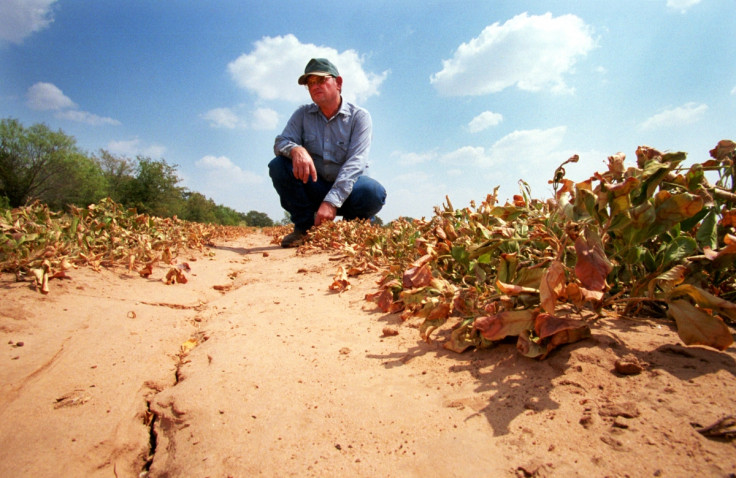Climate change: 500,000 people face death in 2050 from malnutrition

By 2050, more than 500,000 people a year worldwide will be dying from the effects of climate change on food supplies. Food shortages and changes to our diet could instigate half a million adult deaths across 155 countries.
Research published in The Lancet shows that humans will be forced to eat around 3% less food every day in 2050; a change that will cause life-threatening consequences.
"Much research has looked at food security, but little has focused on the wider health effects of agricultural production," said Marco Springmann, lead author of the study, from the University of Oxford.
Modelling food stocks in 2050
The researchers created a model to simulate global food production in the year 2050. This model used current projections for global emissions to simulate how climate change will effect global food stocks.
They then factored in projections for rising population and economic change. This gave the researchers an idea of how much food every single person across the globe will have to eat.
The study found that reductions in fruit and vegetables would affect humans most. This produce would become so limited that around 534,000 people will die from malnutrition and non-communicable diseases.
In total, each person will face reductions of 3.2% food availability. That does not just include fruit and vegetables, but also red meat.
"Changes in food availability and intake also affect dietary and weight-related risk factors such as low fruit and vegetable intake, high red meat consumption, and high bodyweight," said Springmann. "These all increase the incidence of non-communicable diseases such as heart disease, stroke, and cancer, as well as death from those diseases."
China and India will be the worst affected countries, facing 248,000 and 136,000 deaths respectively.
"Public health programmes must be strengthened as a matter of priority"
The researchers say that even under the most optimistic of scenarios, human will die from climate change-related effects. They say we need to adapt quickly to living with less food.
Springmann said: "Public health programmes aimed at preventing and treating diet and weight-related risk factors, such as increasing fruit and vegetable intake, must be strengthened as a matter of priority to help mitigate climate-related health effects."
The authors say that if all climate changing emissions were to cease immediately, 71% of these deaths can be prevented – nearly 380,000 people.
The effects of climate change are already visible in some parts of the world, as Ethiopia suffers its worst drought in 30 years; leaving more than 10 million people facing food insecurity.
Research has also shown that 71% of the global population – around 4.3 billion people – experience water scarcity every year. Similarly to Springmann's research on food shortage, China and India suffer most from a lack of water.
© Copyright IBTimes 2025. All rights reserved.






















